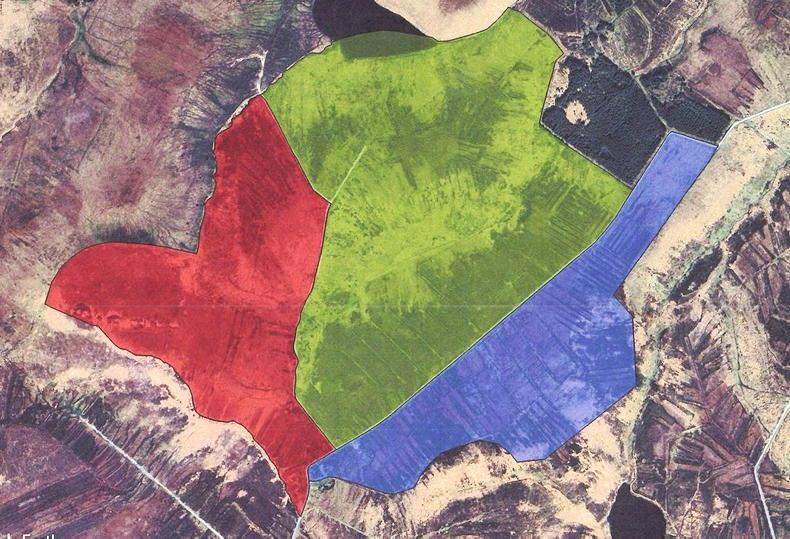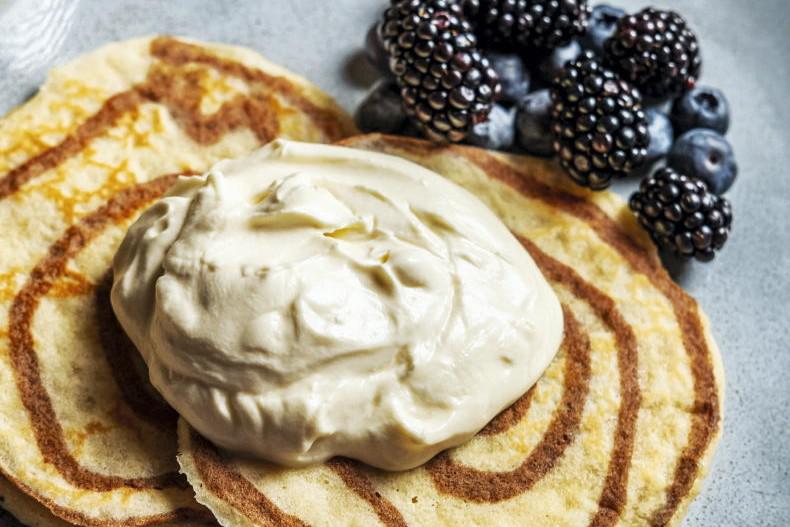Suddenly I found myself in Jos Theys’ farmhouse restaurant near Leuven, Belgium, explaining the recent history of the border in Ireland. It was the end of January and I was attending a supper organised by the Belgian Guild of Agricultural Journalists. The theme of the event was Brexit.
Following a technical presentation about the negotiations, I took the microphone to give an Irish perspective. And I explained how when I was growing up in Ireland in the 1980s we had armed checkpoints on the border between the Republic of Ireland and Northern Ireland.
Then we got the 1998 Good Friday/Belfast Agreement which brought about the removal of armed soldiers from the border and a return to relative peace on the island.
But now two decades on, we face the possibility of that infrastructure being rebuilt if there is a no-deal Brexit arguably provoking a threat to peace on the island. Nationalists would suddenly feel cut off from their own country which some dream of being united north and south one day, not physically partitioned once more.
It is a similar feeling Unionists loyal to the crown have if the border was drawn down the Irish Sea. The DUP has said as much in its opposition to any Brexit which treats Craigavon differently to Coventry, Cardiff or Clyde.
In either scenario, tensions would rise again. Therein lies the conundrum. Even if there was a miraculous solution to please everyone in Northern Ireland, who says that hard line Tories who crave a crash out would concur?
I am of a generation that remembers the Troubles only too well, the mayhem and murders
When I finished, I was astonished by the number of otherwise well-informed journalists who approached me bemused saying that they simply did not realise the extent of this impasse and emotions which still linger just beneath the surface on both sides. That is underlined by the paradigm of government in Stormont which simply doesn’t function.
Generation
I am of a generation that remembers the Troubles only too well, the mayhem and murders. I tend to forget that, let alone those merely of voting age, there are people married with children who don’t remember the Troubles. And they live here.
So how do we expect people from continental Europe to appreciate the serious mess which the current Brexit border standoff is creating?
In fact, inertia regarding that relatively recent period in Anglo-Irish history evidentially abounds among the clutch of British politicians harrumphing around the Commons about the gall of the EU and those pesky Irish.
Even his most vocal detractors couldn’t but have been rooting for Bertie Ahern when he appeared in front of the British parliament’s “Exiting the European Community Committee” last week, where he was able to give them a rare Irish nationalist perspective. Fine Gael MEP Mairead McGuinness in her few BBC outings, has looked exacerbated in also trying to explain Irish concerns to pro-Brexit audiences.
Northern Ireland voted to remain yet it is easy to forget there is no Nationalist voice in the House of Commons vociferating this. So Westminster, Fleet Street and the British electorate are only getting the pro-Brexit DUP perspective and not that of the farmers, business people, unionists and nationalists who voted to remain.
The EU says they have our back but since my visit to Leuven, I wonder are they really getting the full story or are we just pawns in a bigger game? We will know soon enough.
Why do sports analysts insist on pluralising individual names and teams to make a point, as in talking about the “Johnny Sextons and Peter O’Mahonys of this world” or “the Kerrys and the Dublins”. OK, first world problem but God give me strength.









SHARING OPTIONS